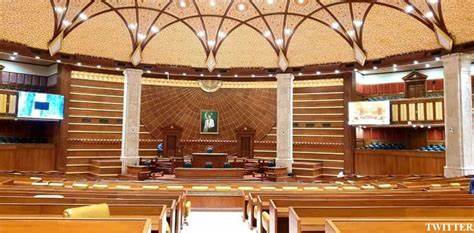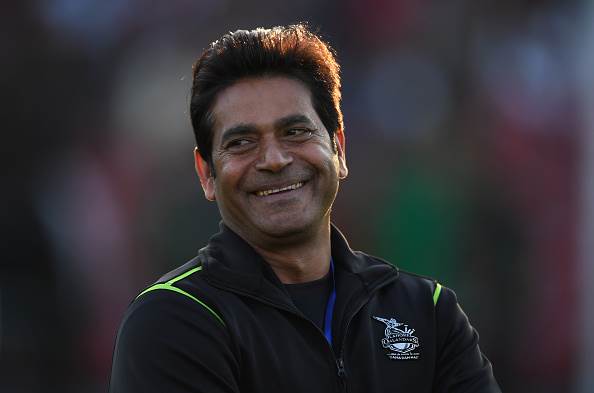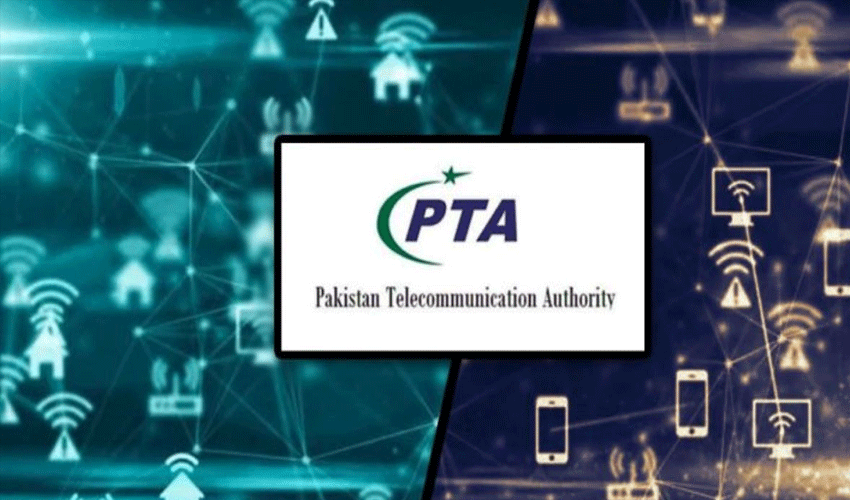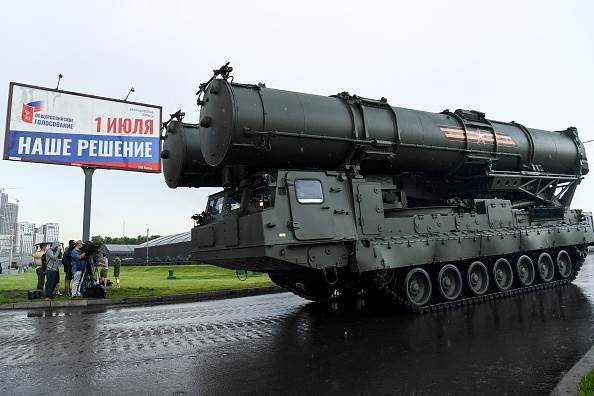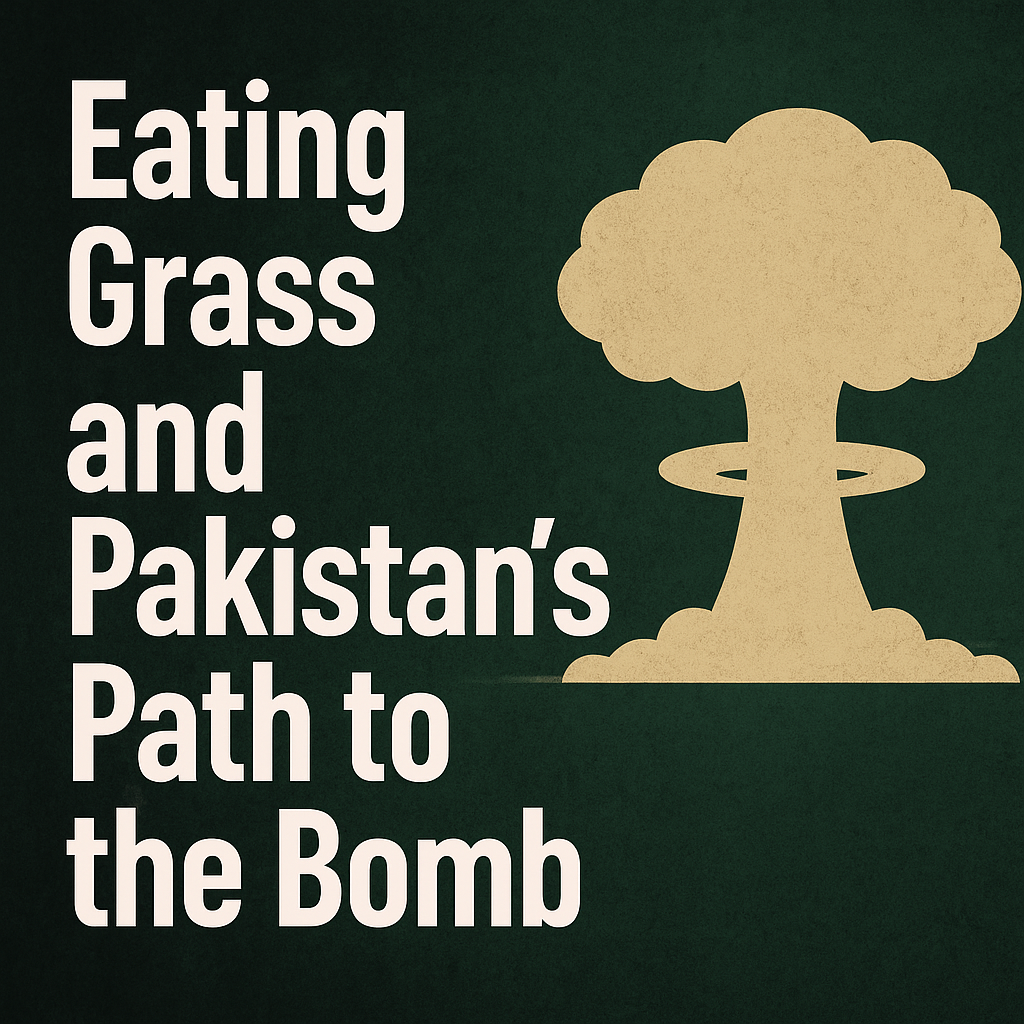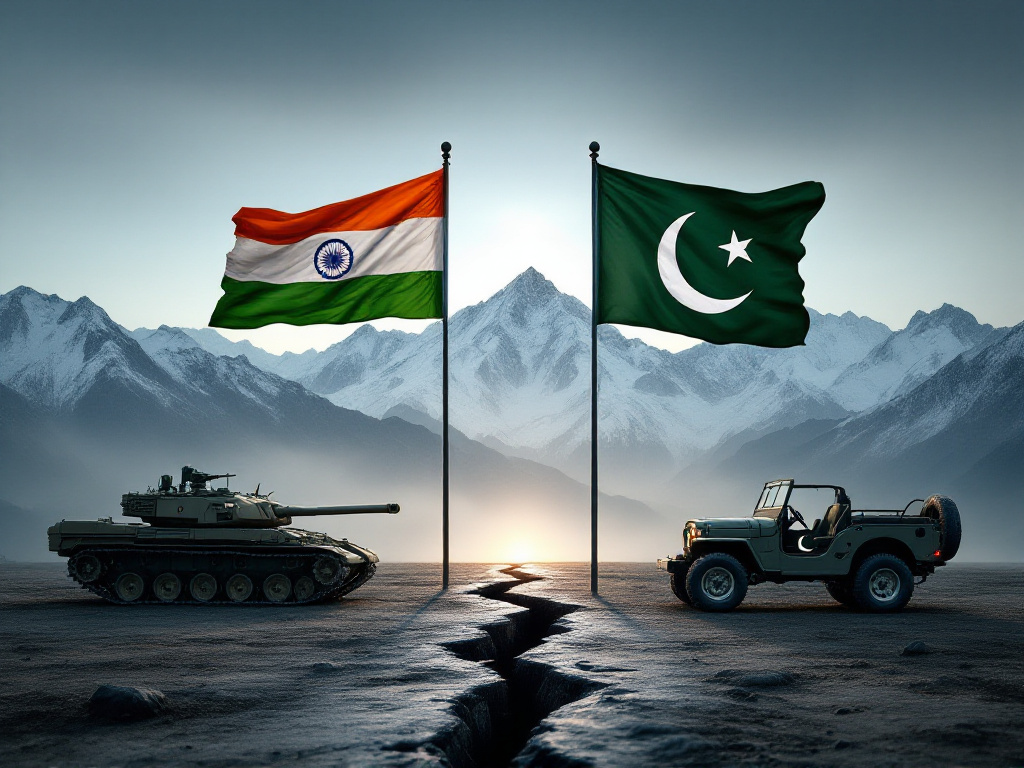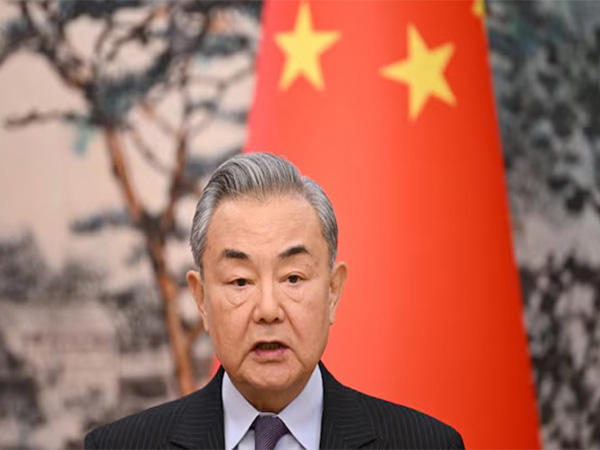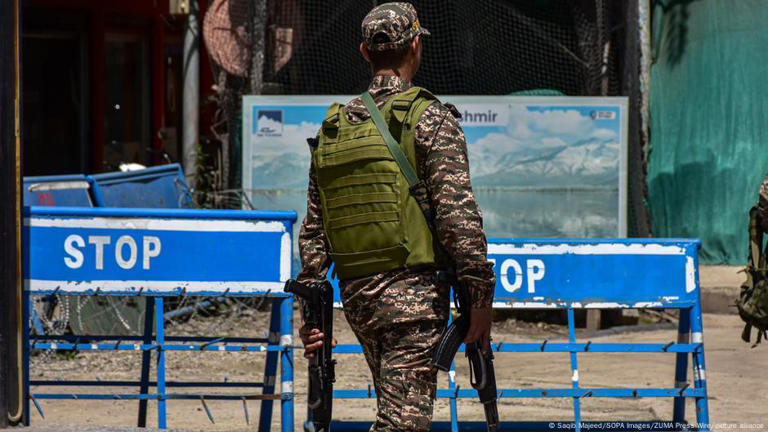“Pakistan’s political landscape braces for a pivotal moment as the ECP announces a high-stakes Senate by-election for Punjab’s vacant seat—sparked by the passing of veteran Senator Sajid Mir. With nominations opening today and polling set for May 29, this race isn’t just about filling a seat; it’s a litmus test for Punjab’s shifting political loyalties in a year already marked by upheaval.”
“Pakistan cricket takes a bold step forward as 1992 World Cup hero Aqib Javed takes charge as Director of High Performance, teaming up with white-ball coach Mike Hesson in a power-packed leadership duo. Can this blend of local expertise and international vision transform Pakistan’s cricketing future? From grassroots to the national team, a revolution is brewing—and the stakes have never been higher.”
“As Pakistan-India tensions rise, authorities are tightening control over social media under the Prevention of Electronic Crimes Act (PECA). Recent arrests—from political activists to ordinary citizens—highlight a growing crackdown on content deemed ‘anti-state.’ But where is the line between safeguarding national security and suppressing free speech? This blog examines PECA’s controversial role, high-profile cases, and the broader debate: Can a nation silence dissent in the name of unity?”
The India-Pakistan conflict has entered a dangerous new phase, with both nations now trading hypersonic missile strikes and drone warfare. Pakistan claims to have downed 77 Indian drones and destroyed an S-400 system using Chinese-made CM-400AKG missiles—a potential game-changer in regional military dynamics. India, meanwhile, reports intercepting Pakistani drones and striking back at air defense installations, including an HQ-9 system in Lahore. With both nuclear-armed rivals rapidly deploying cutting-edge technology, the risk of miscalculation grows. Are we witnessing a new arms race, or will diplomacy prevail? One thing is clear: the rules of engagement in South Asia are being rewritten at hypersonic speed.
Amid escalating tensions between India and Pakistan, sensational reports claiming the destruction of India’s advanced S-400 air defense system have gone viral—but the truth remains shrouded in propaganda. Pakistani media, citing military sources, allege a precision strike by JF-17 jets under “Operation Bunyan-un-Marsoos,” while India’s government dismisses these claims as “baseless misinformation.” With no independent verification and both sides doubling down on conflicting narratives, the incident underscores the fog of war—and the dangerous role of disinformation in modern conflict. Who’s telling the truth? The answer, for now, may lie somewhere in between.
Few countries have faced the kind of security challenges Pakistan did after the 1971 war. Surrounded by regional threats and politically isolated, Pakistan made a choice that would define its future: to develop a nuclear deterrent at any cost. This is the story of how a poor, developing nation secretly built one of the most powerful arsenals in the world—despite sanctions, technology bans, and massive international opposition.
South Asia has once again arrived at a critical juncture. Following renewed tensions between India and Pakistan, a U.S.-brokered ceasefire agreement has brought temporary calm. But if history is any guide, such truces—while welcome—rarely last without a broader, more inclusive peace framework. The real test lies ahead: Can this be the moment both nations choose dialogue over confrontation?
In a world already burdened with global conflicts and uncertainty, the recent India-Pakistan ceasefire has brought a much-needed pause to escalating military tensions. The standoff, marked by missile strikes and high-alert defence postures, had the region bracing for another crisis. But thanks to a timely US-mediated truce, the situation has cooled — at least for now.
In a recent high-level diplomatic exchange, India’s National Security Advisor Ajit Doval conveyed to Chinese Foreign Minister Wang Yi that “war is not India’s choice,” emphasizing India’s commitment to peace amid escalating tensions with Pakistan following the Pahalgam terrorist attack. Doval underscored the necessity of counter-terrorism actions while reiterating India’s stance against war. Wang Yi condemned the attack and urged both nations to exercise restraint and resolve differences through dialogue. This engagement follows a fragile ceasefire agreement between India and Pakistan, with the international community calling for de-escalation and sustained diplomatic efforts to maintain regional peace and stability.
The recent escalation of tensions between India and Pakistan over the Kashmir conflict has been accompanied by a significant crackdown on press freedom in India, particularly in the Jammu and Kashmir region. Journalists like Irfan Mehraj and Asif Sultan have been arrested under stringent laws such as the UAPA and PSA, often without formal charges or trials. Additionally, organizations like the Jammu & Kashmir Ittihadul Muslimeen and the Awami Action Committee have been banned under the UAPA. The extensive use of the PSA for administrative detention without trial has raised concerns about suppressing dissent. This crackdown has drawn criticism from international human rights organizations, the United Nations, and domestic political leaders, highlighting serious concerns about democracy and human rights in the region.
